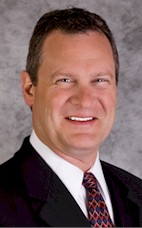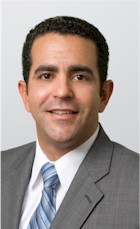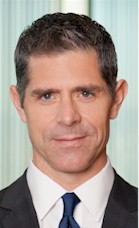
Reliance on growing ADR to drive RevPAR when occupancy levels plateau isn't as easy as it sounds. Reactionary pricing moves, whether they be automated or human in origin will undoubtedly result in subpar performance. This article serves as an early warning that now is the time to take action to ensure that you don't fall victim to your dumbest competitor. Projections for 2017 and beyond by STR, CBRE and PKF all call for anemic occupancy growth at best, notwithstanding record occupancy levels for the U.S. hospitality industry. With Revenue Per Available Room (RevPAR) growth projections at inflationary levels (2.5 - 3.5 percent, or so), it is clear that expectations call for Average Daily Rate (ADR) growth to continue, but will it? READ MORE





.jpg?w=70)













